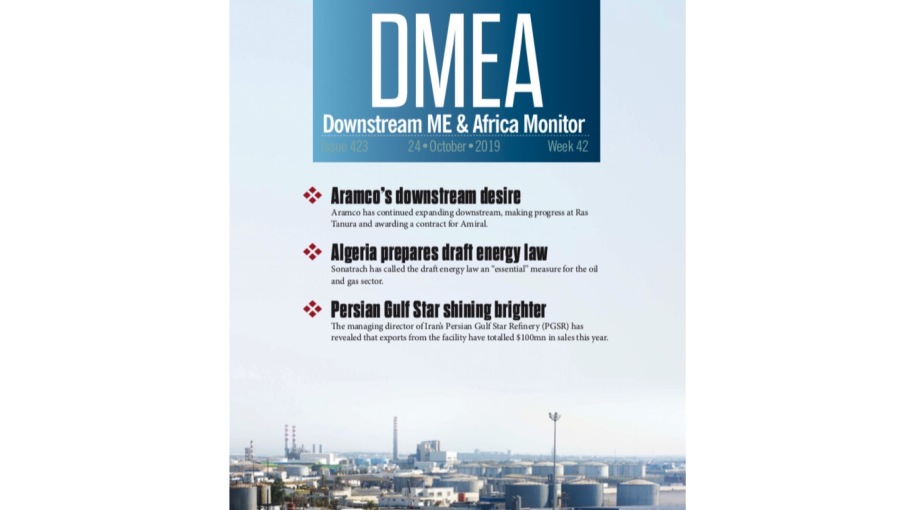DMEA: Iraqi and Nigerian refining updates

This week’s DMEA covers updates on major refinery work in Iraq and Nigeria.
The South Korean consortium, led by Hyundai Engineering & Construction, that is developing Iraq’s Karbala refinery provided an update on the project which is nearing completion.
During a meeting with Oil Minister Ihsan Abdul-Jabbar in Baghdad, the consortium’s management committee said that despite delays caused by a halt to works imposed by the coronavirus (COVID-19) pandemic, the facility has surpassed 92% completion, with commissioning anticipated in September 2022.
The 140,000 barrel per day (bpd) refinery is seen enabling Iraq to significantly reduce its refined product imports when it comes into operation. The announcement follows a statement by Abdul-Jabbar in May that said construction was 90% complete.
In late August, trials began on power generation systems at Karbala, with Abdul-Jabbar instructing “the refinery’s management to expedite the completion of the technical measures required to supply the province’s electric power system with a generative capacity of 200 MW this summer”.
Meanwhile, the Nigerian National Petroleum Corp. (NNPC) this week provided an update on work to rehabilitate the country’s largest refinery complex, which is expected to resume near full operations by 2023.
In a statement, managing director Mele Kyari said that Italian engineering, procurement and construction (EPC) contractor Maire Tecnimont is proceeding with work to return the Port Harcourt Refining Co. (PHRC) to 90% of its nameplate 210,000 barrel per day (bpd) capacity during the timeframe.
Repairing the old refinery, known as Area 5, is the first part of the plan to allow first refined products to be delivered by September next year.
“We are happy we have the contractor on board. With the strong collaboration of all parties involved, we will achieve the desired results,” Kyari said.
He added: “We have both government and private sector financing. We have the Finance Ministry, NEITI, labour unions and other stakeholders on board this project.”


Follow us online